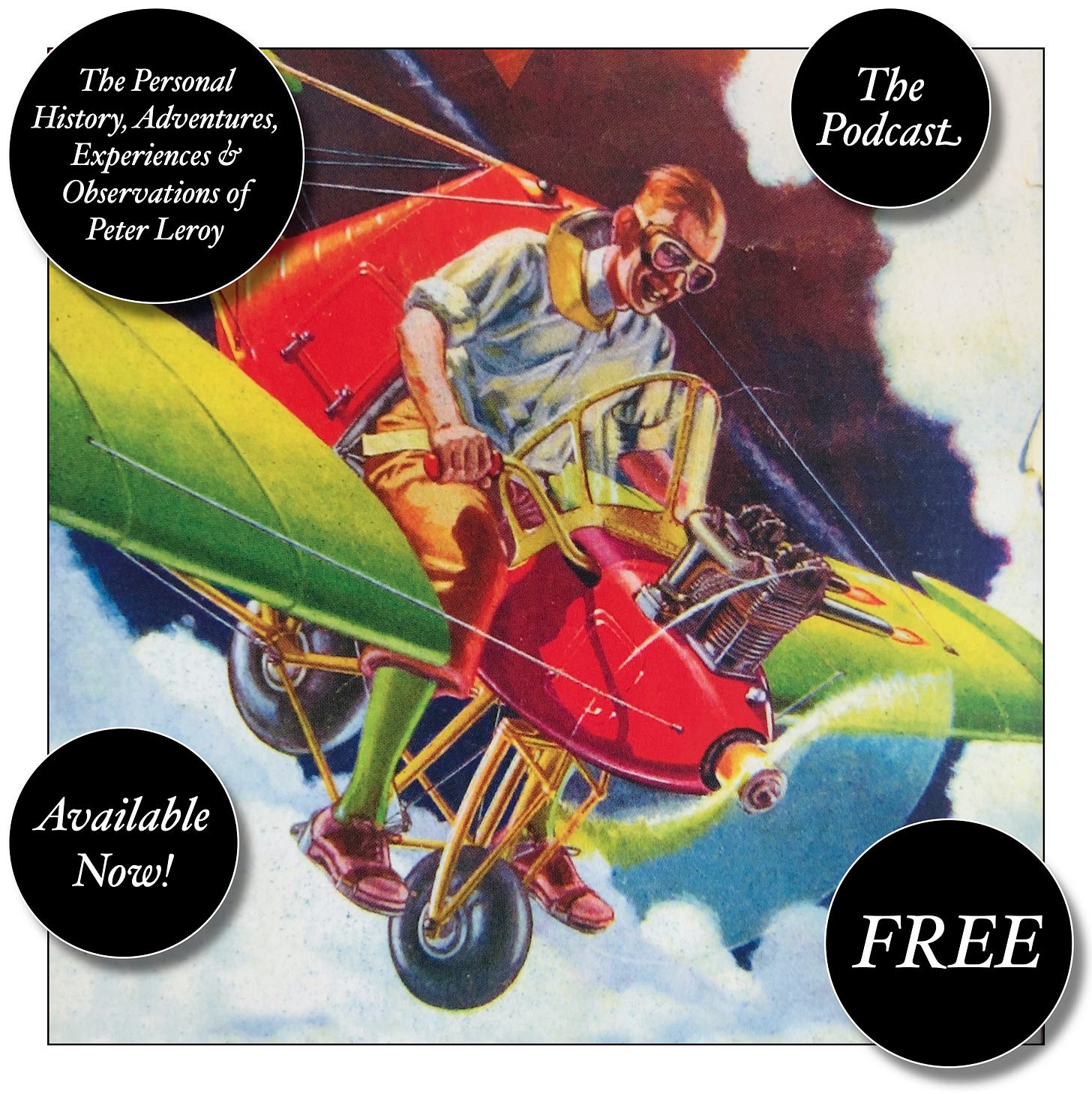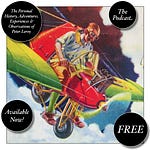Luther created the coarse-goods trade almost by accident. He was sitting at his desk one morning, day-dreaming about one of the girls in the workroom, a new one, who was working in sight of his office. While he thought about the new girl, he sketched her, on a sheet of the drawing paper that he kept handy on his desk, at his right hand, for recording ideas for new jewelry whenever they came to him. He recorded the girl not as he saw her in the workroom, but as he hoped soon to see her, in his bedroom. When he studied the sketches he had made, he discovered a curious thing: his sketches of her aroused him, whetted his appetite for her, better than imagination alone had, and far better than actually observing the girl had. In the sketches, he had given her a mix of coyness, shyness, fear, and lasciviousness that he sought in all the girls he pursued but that none ever quite provided. There was a knock on the glass of his office door. Luther looked up, waved his “typewriter” in, and slipped the page of sketches into the drawer in which he habitually put the sketches he made for new jewelry ideas. You can guess the rest. That page went, in a stack of other pages of sketches, to the man who conducted “outlet studies” for Cole & Lord’s, work that today would be called market research. He was, it happened, another Huber, one so devoted to the family policy of unblinking dullness that he prepared a straightforward report on the marketing potential of jewelry based on Luther’s sexual fantasies and submitted it with his reports on all the other sketches Luther had sent him. “I presume that these would be made into cuff links and shirt studs,” he wrote. “They would be a specialty item and not likely ever to sell well to the broad middle. They are, however, likely to sell well among men of a certain degree of sophistication, in larger cities, and abroad. I predict few buyers in the towns, and none at all in the rural areas. The likely buyer may consider these goods works of art and be, therefore, willing to pay considerably more for them than for similar goods that depict, to give the first example that comes to mind, dogs. It might be best to buttress this perception of the goods by offering them only in the most expensive materials. Finding outlets will be difficult. None of the stores that currently sell our links and studs, to extrapolate from the inquiries I have made, will carry them. This need not be an insuperable difficulty, however. Might not drummers sell them directly to the customer?”
Luther was no fool. He had unwittingly created a new product with great potential, and he had been handed an innovative marketing strategy. In Albany, he found an organization that could put that strategy into effect: “Professor” Alonzo Clapp’s bookselling business. Clapp already had an army of door-to-door salesmen selling books. Luther reasoned that there was likely to be a good overlap between the audience for books and the audience for erotic jewelry. He struck a deal with Clapp, enlisted a few of the very best artisans at Cole & Lord’s, and the coarse-goods industry was launched.
WHENEVER UNCLE LUTHER came to visit, Lorna couldn’t stop herself from looking at his damaged hand; it was terribly fascinating. Clara thought the hand was horrible, and she prayed, after her other prayers, silently, when she was in bed, with her hands together in the dark, that Uncle Luther’s hand would be made normal or that he would wear a glove always. She felt her stomach fill with cold when she looked at the hand, just as it filled with cold when she sat behind Bertha on their toboggan at the top of Ackerman Hill, and she too couldn’t keep herself from looking, just couldn’t keep herself from looking, no matter how many times she told herself to look only at Uncle Luther’s eyes or only at his chin. Bertha, who was eight years older than Lorna, felt that Uncle Luther’s hand was one of the things that made him better than other people. She made a point of taking his hand whenever he arrived for a visit, and making a little curtsy while she held it, because she wanted him to know, wanted everyone to know, that his hand didn’t frighten her, that she didn’t mind the way it was.
In Topical Guide 247, Mark Dorset considers Work: Job Titles and Opportunities Missed from this episode.
Have you missed an episode or two or several?
You can begin reading at the beginning or you can catch up by visiting the archive or consulting the index to the Topical Guide.
You can listen to the episodes on the Personal History podcast. Begin at the beginning or scroll through the episodes to find what you’ve missed.
You can ensure that you never miss a future issue by getting a free subscription. (You can help support the work by choosing a paid subscription instead.)
At Apple Books you can download free eBooks of “My Mother Takes a Tumble,” “Do Clams Bite?,” “Life on the Bolotomy,” “The Static of the Spheres,” “The Fox and the Clam,” “The Girl with the White Fur Muff,” “Take the Long Way Home,” “Call Me Larry,” and “The Young Tars,” the nine novellas in Little Follies, and Little Follies itself, which will give you all the novellas in one handy package.
You’ll find an overview of the entire work in An Introduction to The Personal History, Adventures, Experiences & Observations of Peter Leroy. It’s a pdf document.














Share this post